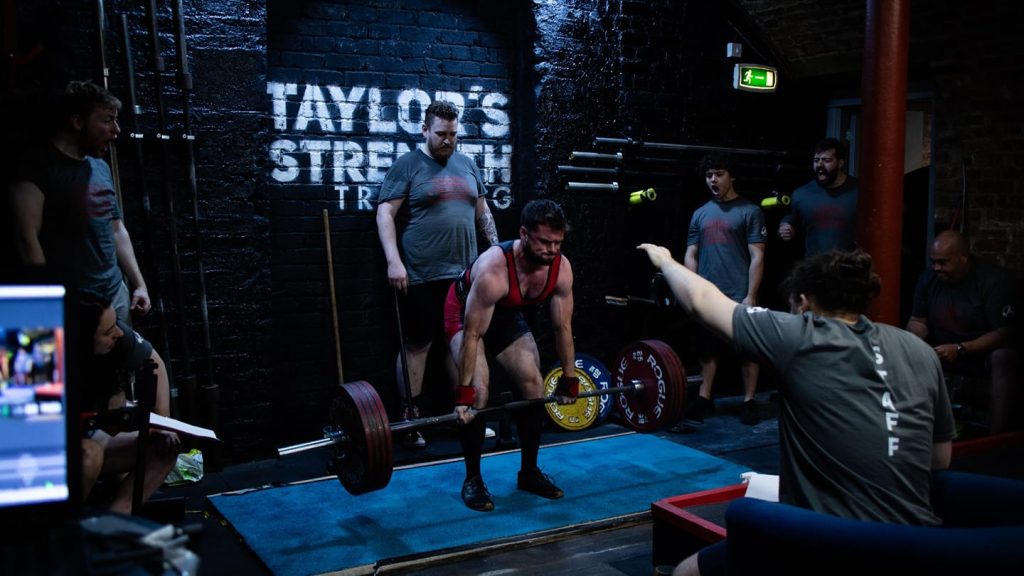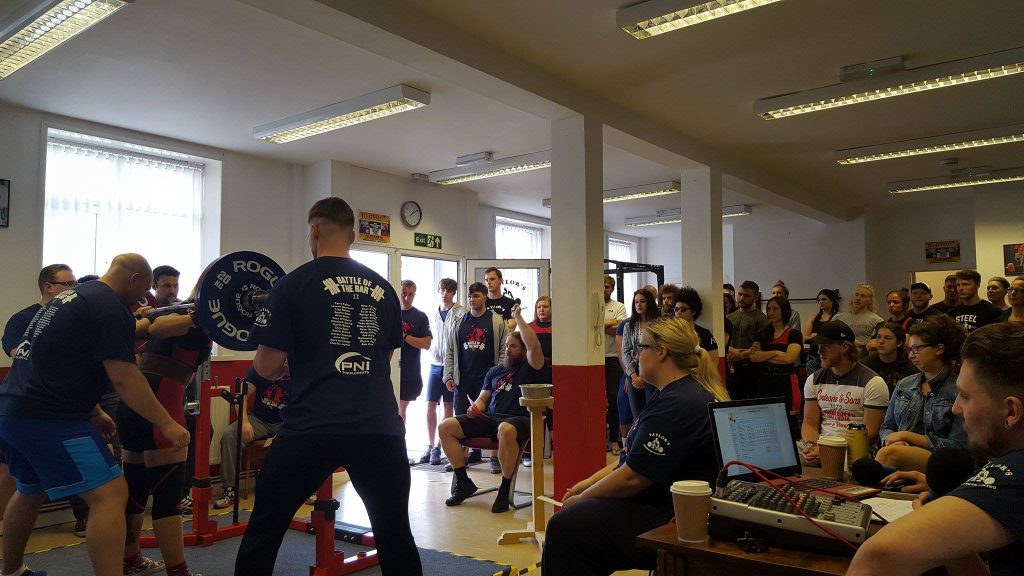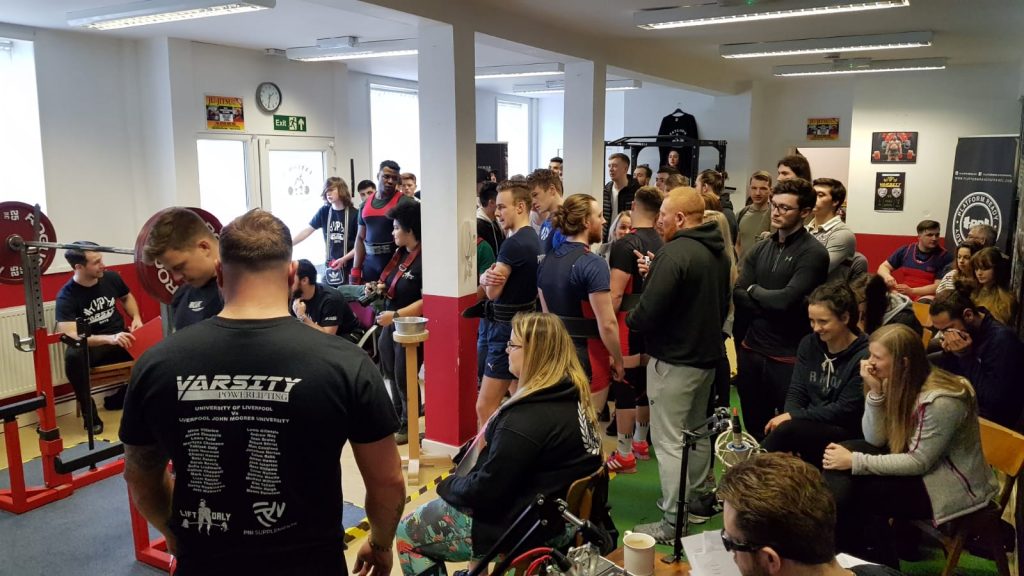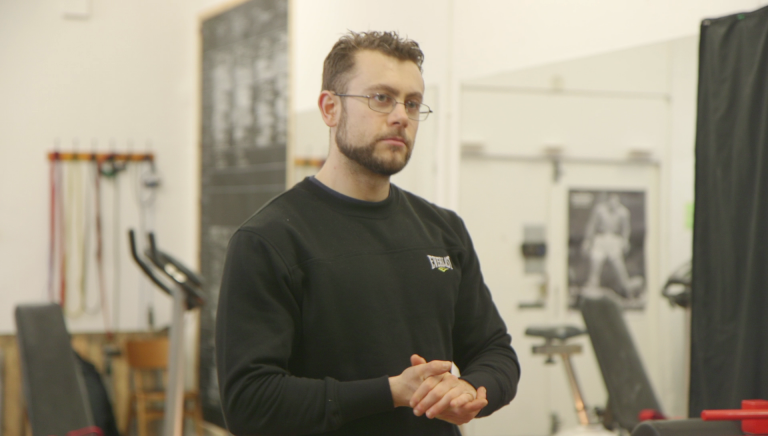How Often Should You Compete?

Competing is the pinnacle of training. The majority of you reading this will be training in some form or other, probably for powerlifting, olympic lifting or strongman – and to focus your training and your goals you have probably chosen a competition to compete at, qualify for or even to win.
Without competitions, it is unlikely that we coaches would have a job. But the fact is that as you get more competitive, more experienced and more comfortable with competing you will find that you might not need or want to compete as much. You might want to do British, or a national every year for the prestige of it you might have your sights set higher and want to go for internationals. You might even just want to compete because you enjoy it – (that is still a thing).
So, how often should you compete?
Short answer – as often as you want to.
We could just leave it there and then move on to the next article, but instead, we’ll explore why you might want to compete fairly regularly or even at the other end of the pendulum and only once or twice per year (sometimes less).

Factors Affecting Competing.
Competing isn’t necessarily just a one day thing. For some people it is a whole lifestyle that they have shaped – their eating, training, sleep and social life might have been made around this plan to compete. Weeks, months and years of training go towards competing in most cases and this can mean missed dinner dates, missed parties, refusing cake occasionally or being in bed by 10.30pm.
Here, we’ll look at the factors surrounding competing.
The Training Time –
For most competitors you are looking at training 1 hour to 2.5 hours per training day, 3-5x per week. Fitting that in around a job, a social life and a family life can be incredibly hard and a lot of people find that they have to make sacrifices to accommodate it.
The weeks building up to a competition can see the training becoming more intense too, which means that the time spent in the gym is even more important – without this phase of training you won’t be ready for the rigours of a competition day. Committing to this training time is imperative – keep this in mind when planning to enter a competition.
Your Personal Life –
You might be a fairly experienced lifter with a few trophies on your shelf or in your cabinet. You might have achieved all of this and then thought you’ll push on to bigger and better things. Which is great, and if you’re enjoying the competitive side of the game then it is exactly what you should do. However, you might make these decisions and then real life gets in the way.
Your health, lovelife, finances, worklife, family life or a mixture of any/all of these could get in the way and then you’ll have to reevaluate.
It’s okay to not compete after you’ve said you’re going to – everyone will know you’re human.
Your Goals.
We briefly touched on this above. You might be a beginner with lofty goals of hitting international championships and that’s great. But you need to learn to walk before you run.
A beginner lifter will probably compete more often than someone in the intermediate/advanced or elite classes.
The reasoning for this is that they need the experience. They need to learn how to handle themselves on the day in terms of mentality, as well as in terms of warming up and how to handle themselves physically.
Personally, I found it took me until my 6th competition before I found how to approach a competition mentally, and clients of mine who have focused on mental preparation have found competing much more enjoyable as a result.
You may already be past the beginner stage and you might just want to do one competition to qualify for British and then compete nationally to slowly improve your national rankings each year. This is also fine, and as you get more experienced, training-wise, it might behoove you to. The constant building up, peaking, recovering of multiple competitions might not be as beneficial for you as one big long training block with the aim of one major competition per year.
Your Health.
It should be obvious, but powerlifters are a special lot (I’m not too sure on strongmen/women or olympic lifters but I assume you’re the same), in that they think an injury is just something to get on with and not something to treat or work around.
If you find yourself in the build up to a competition saying things to yourself like “it only hurt a little bit to tie my shoes today,” then maybe you should step back and reevaluate whether you should be competing, or training in such a way.
Injuries, for sure, are a part of training and competing. But the competition day, or the weeks before it, are not more important than your health – it never will be. Look after yourself first.
The same goes for mental health. If you’re going through something like depression or anxiety, or any mental health issue, then you need to put this first. In the same way as above – look after yourself first.
Competition Experience.
We touched upon this a bit in the previous section but one of the main things to consider when deciding how much or how often to compete is your experience.
You can learn a lot from competing, but the most important thing to learn is whether or not you like it. If you don’t then it doesn’t matter about finding your best mindset or best peaking cycle or anything like that. If you get the experience of your first competition and then find that you absolutely want to continue then you should start focusing on building for the future – building your total, building your base of strength physically, and building your base mentally so that you can approach a competition in the best possible manner for you.
You will absolutely make mistakes in your first competition – you’ll forget your food, or warm up too early for your flight or maybe even forget to do up your belt before you get under the bar. Having a coach will help with this and help to steer you from doing these but its not until you experience some of these things that you will appreciate, and learn from, them.

How Often Should You Compete?
As often as you want to. As often as your life and the circumstances around it dictate that you can. If you’re a beginner, do a few competitions for the learning experience and go from there – if you’re more advanced then you might need to be more strategic in terms of your timing and training.
But keep in mind that this is mainly a hobby and a luxury, for which not many of us will get paid for. Compete as often or as little as you like, but enjoy it and don’t let it negatively affect your life (too often).
Article by Daniel Lee, Managing Editor of Strength Prose.


